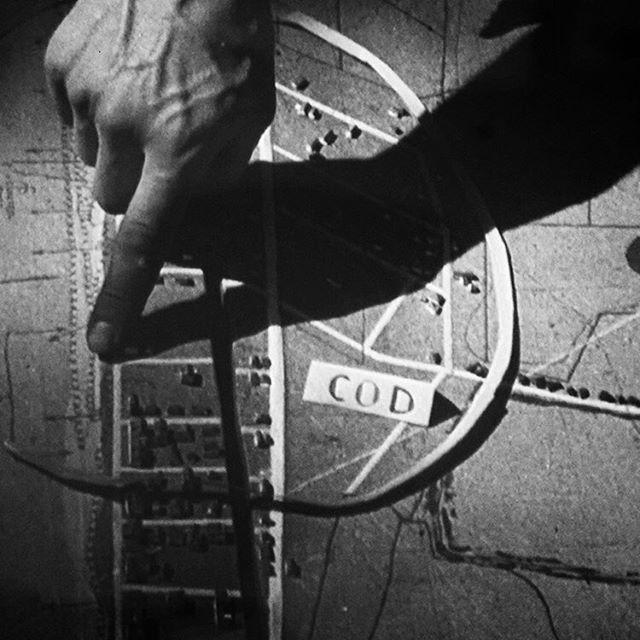It’s probably not a good idea to read about the Holocaust before bed. I had thought to shift to a lighter topic today, but I dozed off reading the following passage in Bloodlands, and it’s too relevant to your last note not to share: “Our contemporary culture of commemoration takes for granted that memory prevents murder…The dead are remembered, but the dead do not remember. Someone else had the power, and someone else decided how they died. Later on, someone else still decides why. When meaning is drawn from killing, the risk is that more killing would bring more meaning.”
Not to say that your project, which is clearly about memory, is making any kind of definitive claim to commemoration. If anything it’s contesting standard representations: war museums, statuary, and their uses as instruments of history. And I like that you are noting, as you travel, the narrow particulars of place, the gravel underfoot, a painted metal picnic table outside the highway rest stop, the yellow flowers in the car park.
This morning I woke thinking about categories and why we make them, about how they were used to such devastating effect by the Nazis, and by the Soviets. Stalin both insisted on classifications of individuals within society, and continually shifted and blurred the lines between those categories. Affiliation with a class or later on, an ethnicity became both profoundly important and dangerous, for too great an attachment to one form would condemn you at the next phase shift, when you suddenly found yourself cast out of a protected class, or when your class was simply exterminated.
As to why that’s relevant: I suppose I’m wondering how it is that categories sit so uneasily with us. That you are cutting across genres and practices in your work. Affiliation with a category still poses mortal threats for many in this time, as for others in the recent past.
/// #image_by_image is an ongoing conversation between photographers Ivan Sigal and Anton Kusters.@ivansigal and @antonkusters on Instagram ///
